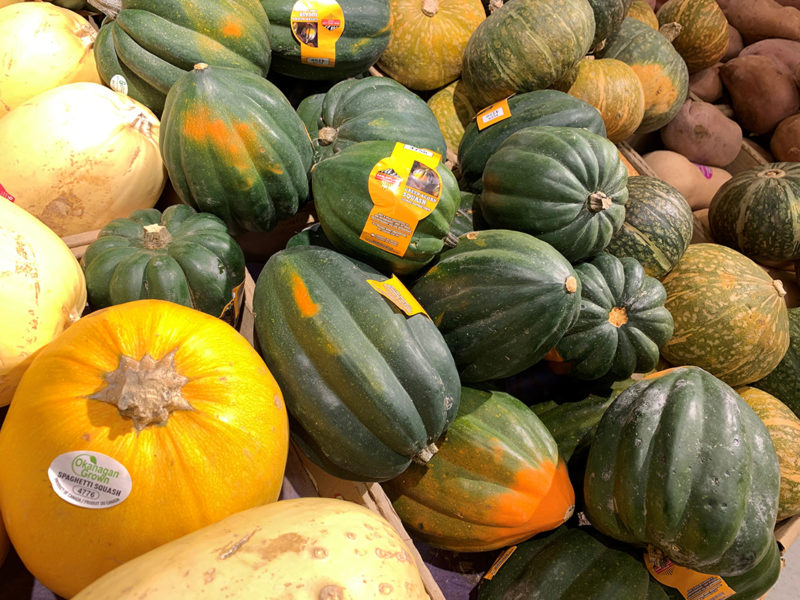The tenth annual survey of food prices in Canada, released last week by the Agri-food Analytics Lab at Dalhousie University, show a steady increase in groceries and take-out meals.
The annual report forecasts a 2% to 4% increase in total food costs in 2020, on top of a 3.7% increase in 2019. The biggest increase will be in meat, at 4% to 6%, followed by seafood and vegetables, both at 2% to 4%.
While the increases aren’t broken down by region, lead author Sylvain Charlebois has said the increases typically reflect a combination of product-specific influences and broader economic indicators, such as income and economic growth. It specifically calls out a 23% increase in salmon prices, for instance, as an indicator of higher prices for local products in BC.
However, other factors support the report’s forecast that BC will see above-average increases in food costs. Salary and wage data for BC from Statistics Canada point to a 2.9% increase in average weekly earnings in September versus a year ago.
According to the BC Centre for Disease Control, a family of four spent $1,017 a month on groceries in 2017; a conservative estimate based on the report’s estimates means the same family could be spending closer to $1,160 a month in 2020.
Just a fraction of what consumers pay for groceries returns to the farmer, however.
According to Statistics Canada, a dozen eggs returns $1.82 to farmers in BC. A standard retail price for a dozen large white eggs is $2.79. Orchardists and berry growers have also seen tight margins in recent years, while produce growers have been forced to absorb distribution charges and other fees imposed by the major grocery chains that amount to more than 10% of their price.


 Agritech faces mixed attitudes
Agritech faces mixed attitudes